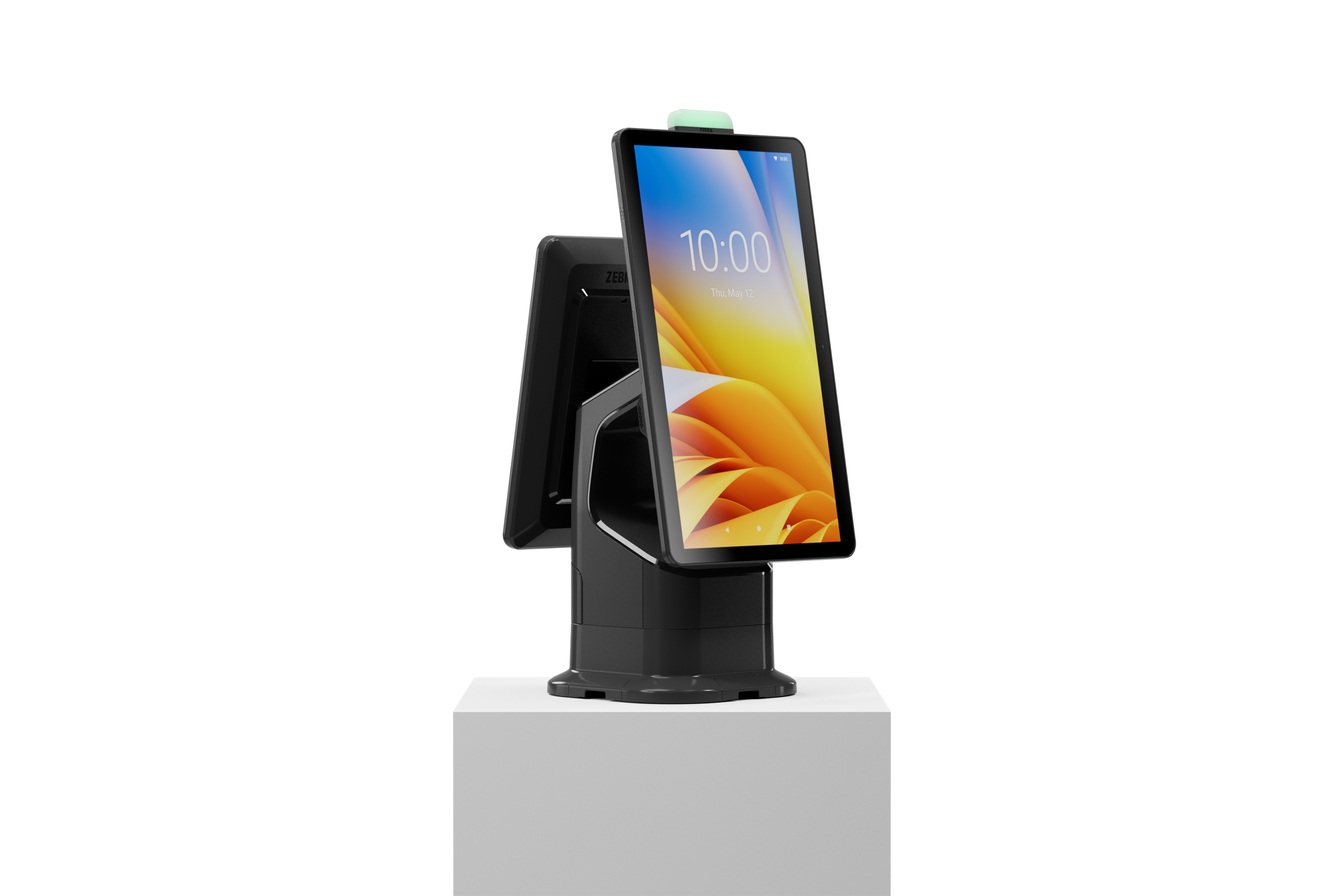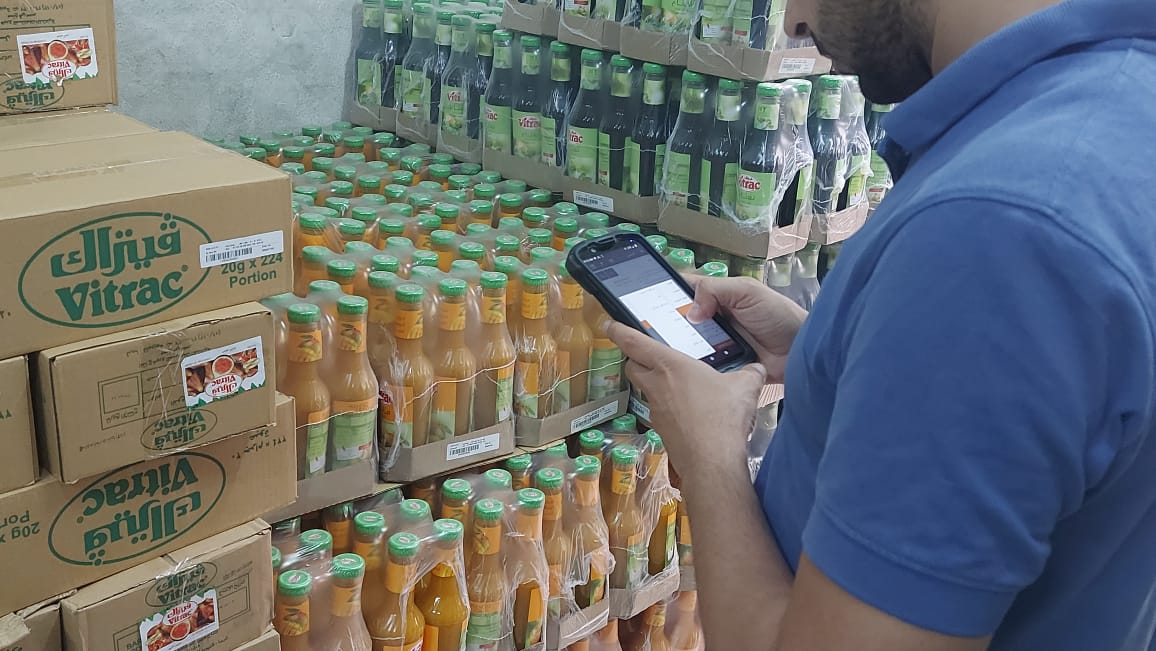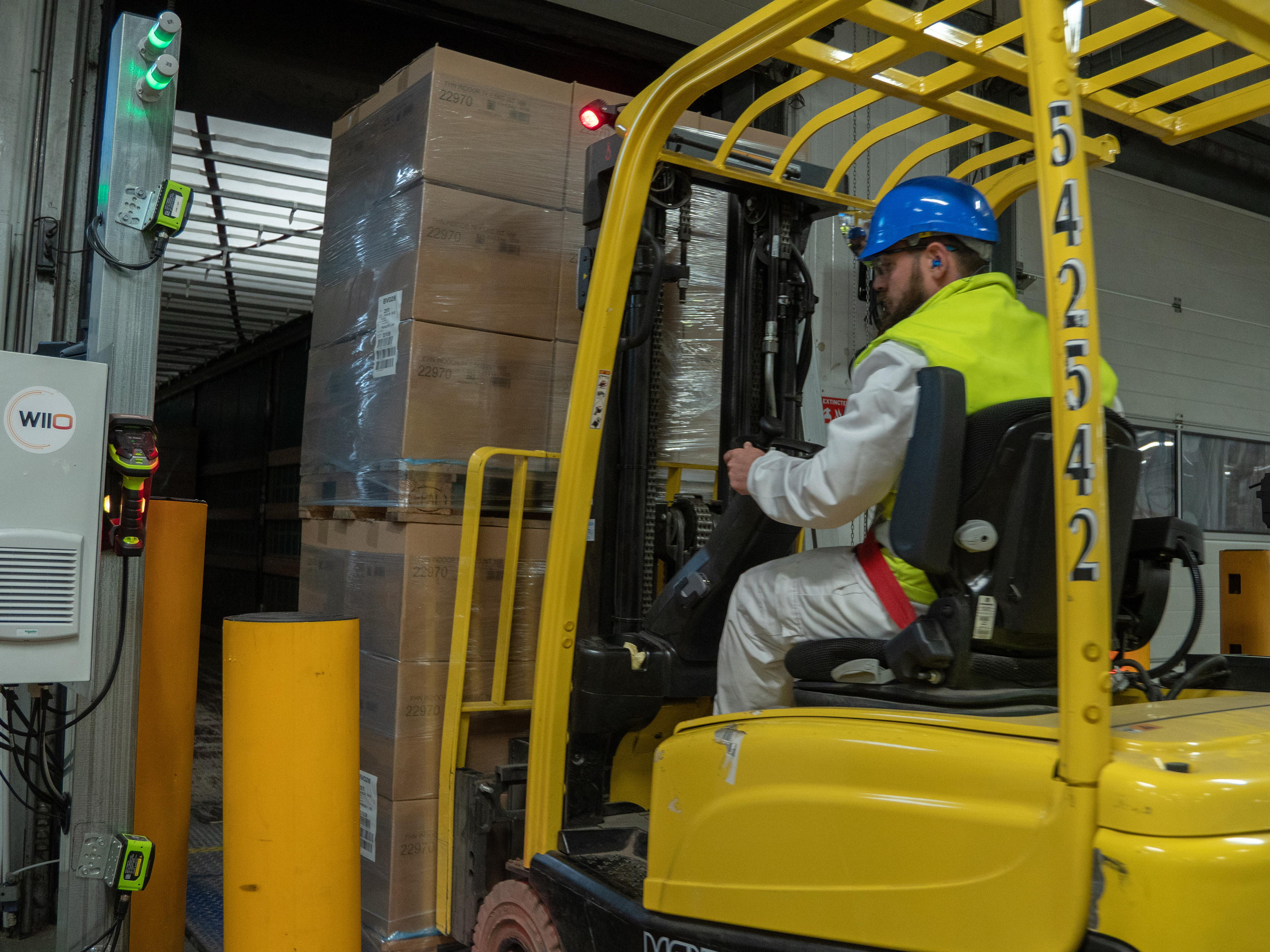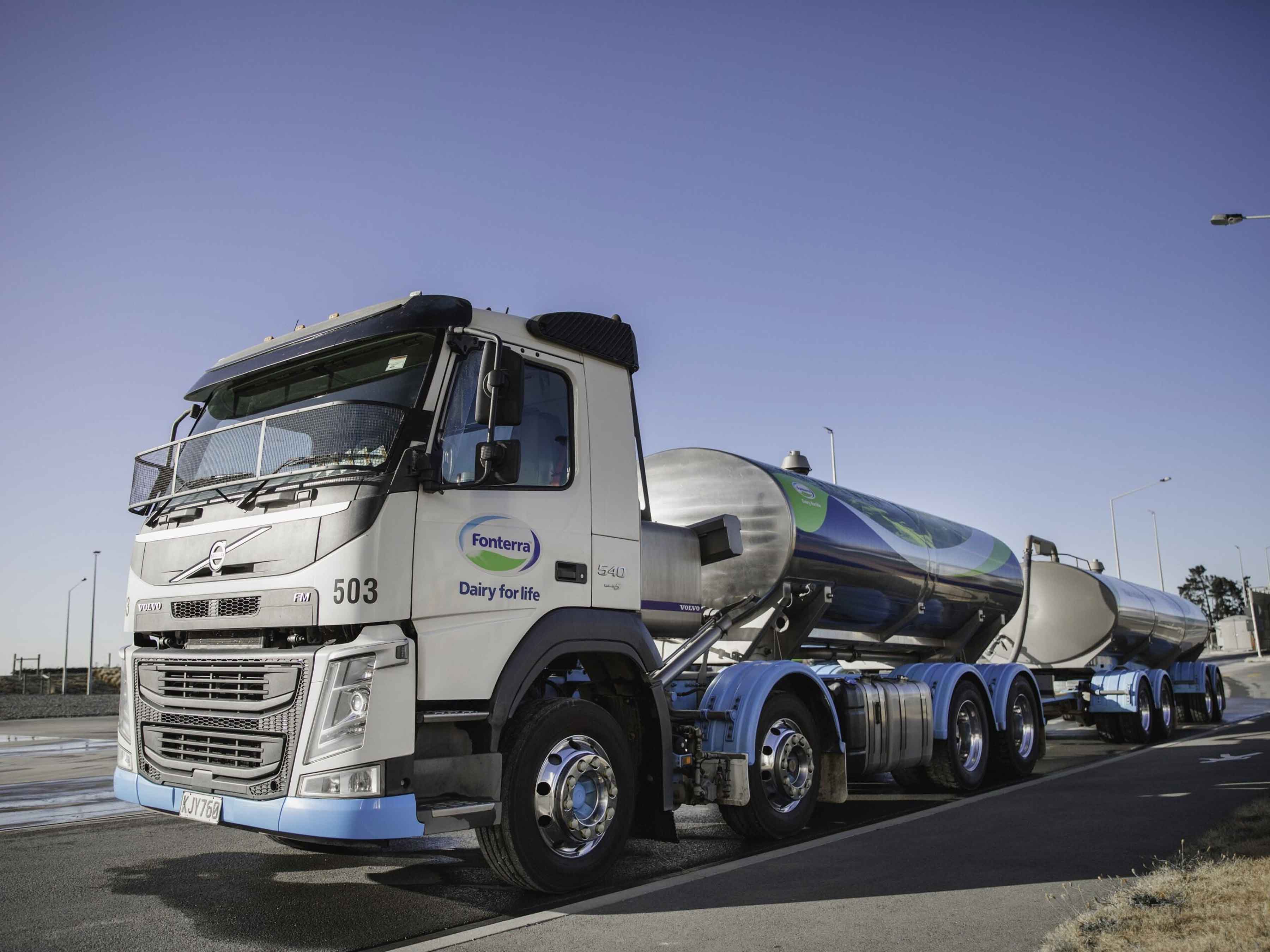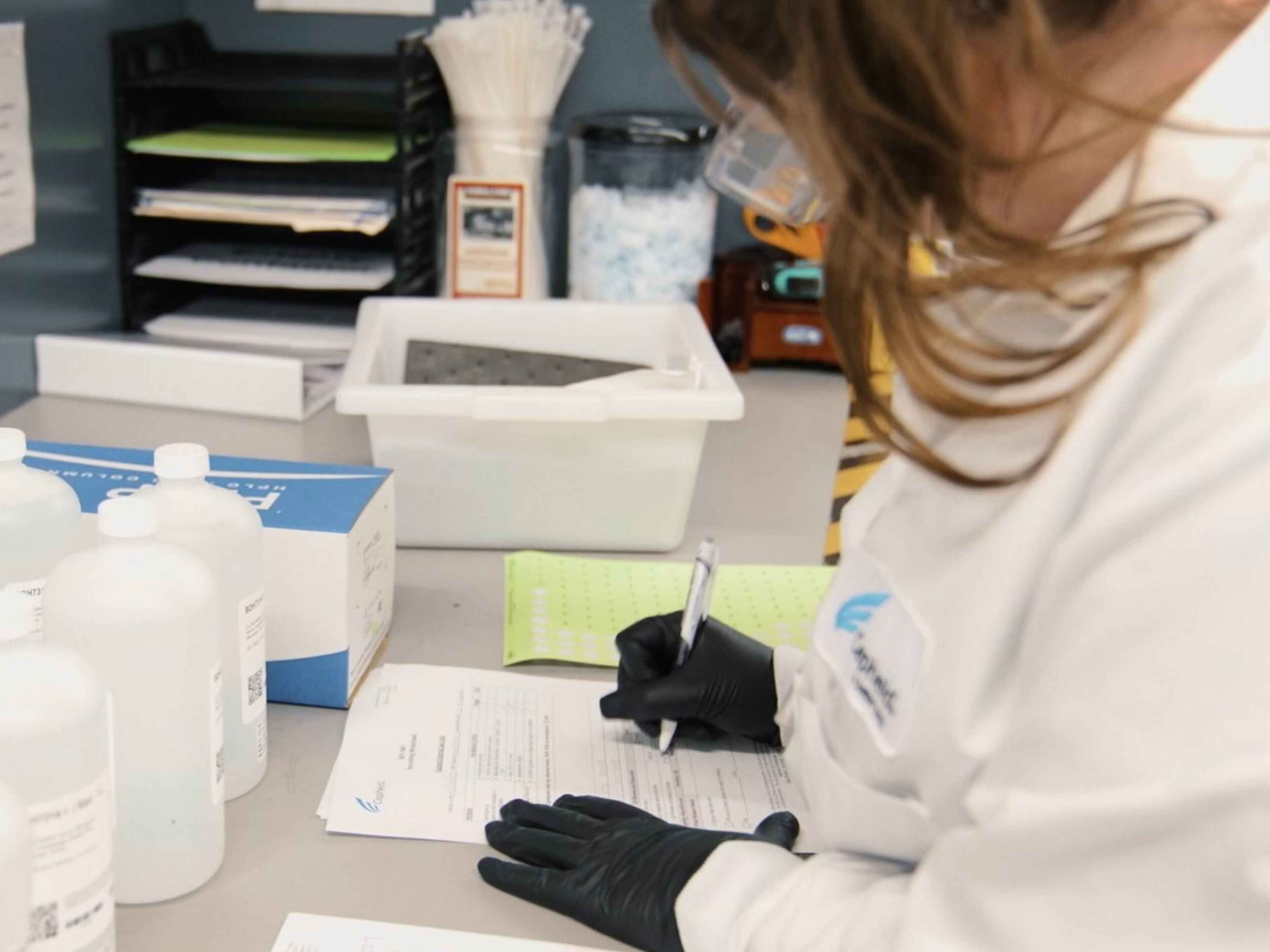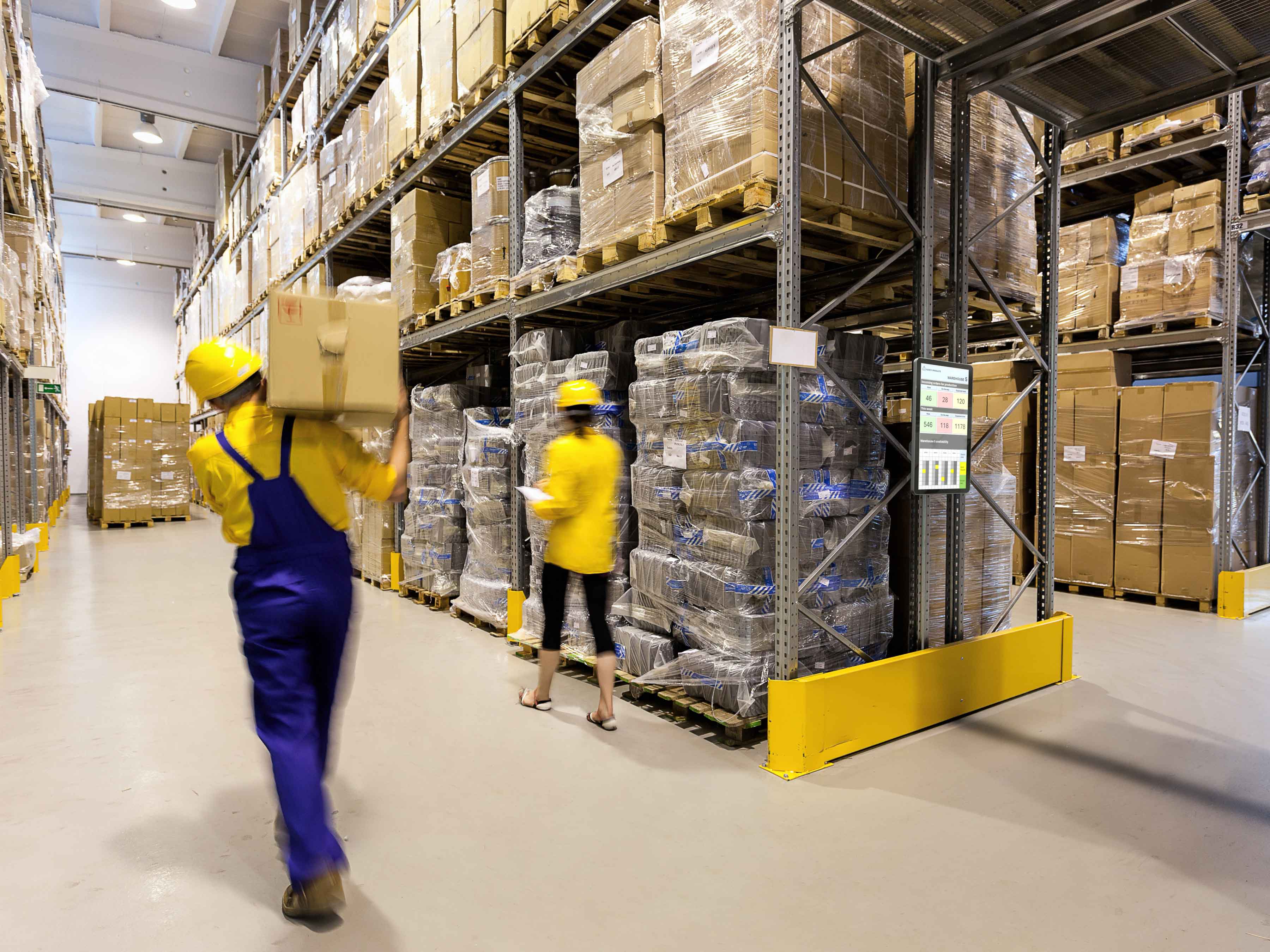
DENSO Manufacturing Czech Boosts Shop-Floor Efficiency with Zebra KC50 Kiosk Computers
DENSO is a renowned global leader in the automotive industry, specializing in components and systems that enhance vehicle performance. Part of its European division, DENSO Manufacturing Czech, plays a key role in producing high-quality HVAC systems for top carmakers.
Zebra Success Story: DENSO Manufacturing Czech
Overview: Manufacturing Challenge
DENSO Manufacturing Czech needed to address workflow inefficiencies on the shop floor—from laggy interfaces to disruptive task switching—to help operators stay connected and productive.
Benefits / Outcomes
- Up to 25% faster performance than previous devices
- About 25% quicker to set up the device
- 1,000+ operators equipped with the new devices
- 15-20% cost savings on item cost, configuration, and maintenance
Customer
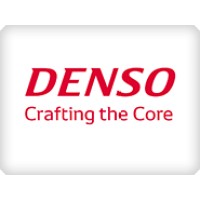
DENSO Manufacturing Czech
Liberec, Czech Republic
Partner
Industry
Manufacturing
Solutions
About DENSO Manufacturing Czech
Every minute, three new cars roll off European production lines equipped with Denso’s heating, ventilation, and air conditioning (HVAC) systems. Behind that quiet consistency is DENSO Manufacturing Czech (DMCZ), one of the European divisions of the global automotive supplier. Trusted by top carmakers, DMCZ doesn’t wait for change. Known for adapting proven technologies to meet new challenges, the company rethinks both what it builds and how it builds it.
Guided by its mission to deliver the right data at the right time to the right place, DMCZ brings the same level of intent to its products and to the systems that support its people. For the 2,000 employees working across its manufacturing plant in Liberec, Czech Republic, this mindset translates into substantial improvements in their daily work. When operators arrive for their shifts, they interact with systems designed not just for efficiency, but for human ease and intuition.
The Challenge
A few years ago, DMCZ introduced its Factory IoT (F-IoT) platform, bringing production, machine, and operator data into one unified system. This creates a live, end-to-end record of production where every input, machine action, and human task is tracked as part of a single, connected process.
DMCZ was already using Zebra handheld scanners, vehicle-mounted computers, tablets and RFID solutions in day-to-day operations, but had a different vendor for its kiosk computers, which the company used to access data on the F-IoT platform. These kiosks, however, became the source of daily frustration for shop operators due to their unwieldy design and lagging responses. Moreover, the outdated 4:3 screens were cumbersome to use, and the overall experience failed to meet the expectations of operators and the IT team.
“Our devices are used by humans, not robots, so having a good look and feel is vital, even in a manufacturing environment,” explains David Svoboda, IT & Factory IoT Manager at DMCZ. When operators use a device daily, they expect something convenient and user-friendly, with a familiar interface like the one they have on their phones. “Operators spend hours interacting with the system. If it falls short, frustration builds up. That affects focus and, over time, performance.”
With Zebra’s KC50 kiosk computers, employees estimated up to a 25% boost in performance compared to the previous third-party devices, with deployment time reduced by a similar margin.
The Solution
DMCZ's collaboration with Zebra has spanned nearly two decades, beginning with the integration of industrial printers during the company's implementation of its warehouse management system. This foundation has evolved into a comprehensive ecosystem encompassing handheld scanners, vehicle-mounted computers, tablets and RFID solutions. The KC50 kiosk computers were a logical next step in providing smart, real-time data access suitable for the evolving F-IoT system, while ensuring compatibility with established Zebra technology.
Following a successful pilot and device loan, facilitated by implementation partner AIMTEC, the company greenlit the acquisition of KC50 kiosk computers. DMCZ now has enough devices to support more than 1,500 employees through rotating shifts. Competitive pricing played a role, but so did the devices’ user experience and deployability. “Zebra’s Android™-based kiosks were easier to roll out and maintain,” says Svoboda. “Especially with StageNow, which allowed us to configure them quickly in bulk using barcode or near-field communication (NFC) setup. That saved us a lot of time.”
For DMCZ’s operators, the wall-mounted KC50 is the first device they touch each day. Upon logging in, the kiosk records their attendance, who’s logged in, where and when. Throughout the shift, operators use the touch interface to follow instructions, scan parts, and confirm each completed step via the Android-based manufacturing execution system app running on the kiosk computers. Each action feeds into DMCZ’s F-IoT platform, creating a live record of production where every input, machine and human task is part of a single, connected system.
“With familiar touch gestures and a phone-like interface, the process is intuitive for our operators,” explains Svoboda. “They don’t need extra training or workarounds, because the technology fits naturally into their routine, helping them stay focused on the job at hand.”
The Zebra Difference: Outcome and Benefits
The transformation is immediately visible on the production floor. Operators who once had to tap screens multiple times waiting for responses now see instant feedback. Tasks that previously strained their eyes with poor-quality displays are now completed with clearer screens and less friction. For operators managing tight production schedules, these seemingly small improvements compound throughout their shifts, reducing stress and allowing them to maintain focus on quality rather than fighting with unresponsive technology.
"Most of our feedback is incredibly positive," says Svoboda. "People say with KC50s, they can complete their tasks much faster. Employees estimated up to a 25% boost in performance compared to the previous third-party devices, with deployment time reduced by a similar margin.”
With decades of experience using Zebra hardware, adding a new device type comes with a lower barrier to entry than onboarding a completely new provider. “We picked devices built to last and scale with us for years to come,” Svoboda explains. “If there’s an issue, we can solve it quickly. We have established trusted support channels. We know whom to call and we know it will work.”
Faster setup, seamless integration, and fewer support delays add up to more than convenience. DMCZ estimates that using Zebra over alternative solutions cuts the overall cost of device usage by around 20%. The smooth adoption has had an unexpected benefit: employees are now more open to change overall. “Because the new tools are genuinely easy to use and help improve their daily work, they're able to accept other changes more positively," notes Svoboda.
DMCZ’s journey with Zebra continues as the company explores new applications, such as digital work instructions that guide operators through complex procedures and visitor registration systems that streamline facility access. Features like Power-over-Ethernet have already helped streamline the installation of the kiosks, and DMCZ is considering which additional accessories can support future use cases. These efforts reflect the company’s focus on purposeful technology and human-centred design.
The story of DMCZ and the KC50 illustrates a fundamental truth: successful manufacturing innovations work best when they put people first. Instead of hunting for a purpose-fit solution, DMCZ shaped one to match its vision of connected, focused, people-first production. “The KC50s kiosk computers were originally designed for retail and hospitality environments, yet they work perfectly at our production floors. And it’s not the first time we have found a new use for Zebra's technology,” Svoboda notes. “That shows the possibilities it has to offer to different needs and industries.”
